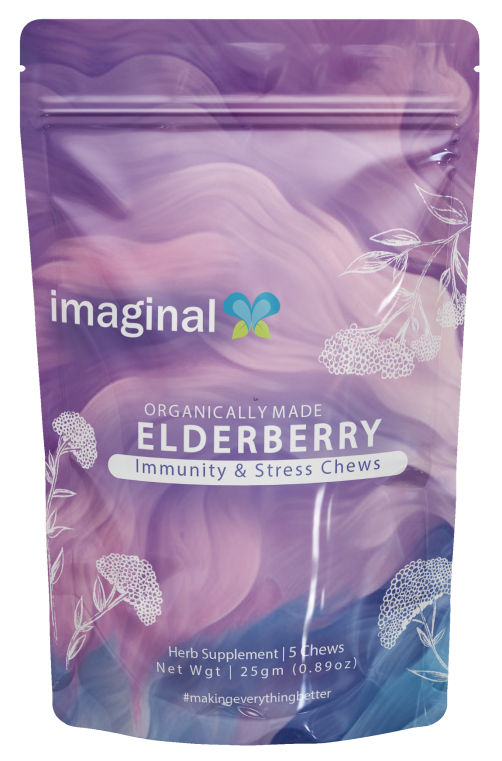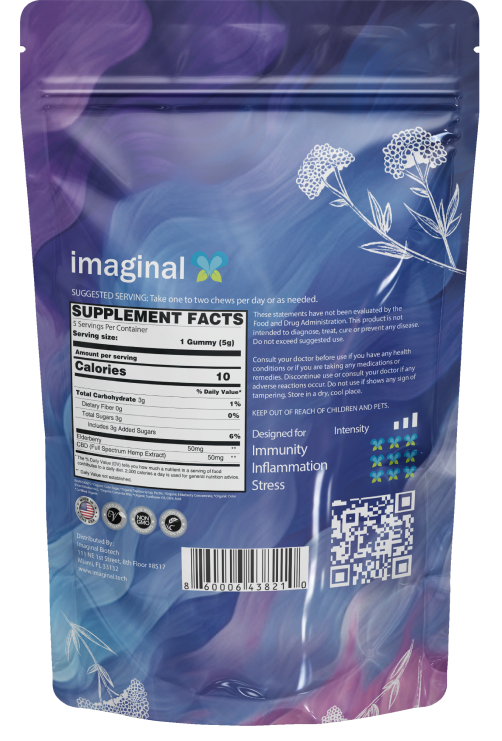This is the third article in our series on how curcumin affects the body. In the first article, we looked at curcumin in general. In the second article, we looked at how curcumin interacts with the immune system. And in this article, we are going to look at how curcumin interacts with the heart. Let’s dive in.
Someone once compared the human body to a car, and I am yet to find a more apt comparison to describe the complexity of the human condition. A car is an intricate marvel of engineering, and in a lot of ways, so is the human body.

If our bodies were cars, then:
- The brain would be the driver
- The skeleton and muscles would be the chassis
- The legs would be the wheels
- The digestive system would be the fuel intake system
- The heart would be the engine
In a car, every part is essential, but the most critical component is the engine. Without it, there is no car. And as any driver would tell you, they would do anything to take care of the engines.
And it’s the same for human beings, for what would we be without our hearts? That's why we are continually looking for new ways to protect our hearts.
People have come up with various methods of protecting the heart. Still, few have captured the public imagination quite like curcumin, turmeric’s main active compound, and if the internet is to be believed, it’s a superfood unlike any other.
If you aren’t familiar with curcumin, don’t worry, we got you covered.
But is all the hype around curcumin true? Is curcumin good for your heart? In this article, we are going to look at everything curcumin and the heart, and attempt to find out why curcumin for heart health has become so popular.
The human heart
Before we look at curcumin and the heart, we need to understand how the heart works.
The heart is an organ that pumps blood throughout the body. As it pumps blood, it supplies nutrients and oxygen to the cells while taking away metabolic waste products such as salt and carbon dioxide.
When talking about the size of the heart, most people compare it to a large fist, and they wouldn’t be far from the mark. In men, the heart can weigh anywhere from 280 to 340 grams (10 to 12 ounces), and in women, it can weigh from 230 to 280 grams (8 to 10 ounces.)
Parts of the heart

The human heart is divided into four chambers; the two upper chambers are the atria, while the two lower chambers are the ventricles. The atria and ventricles are linked by the atrioventricular valves i.e., the mitral valve and the tricuspid valve. There are other valves such as the aortic valve and the pulmonary semi-lunar valve, which separates the chambers of the heart and the major blood vessels.
The heart is also divided into a left and right side. The left atria and the left ventricle make up the left side while the right ventricle and the right atria make up the right side. The septum separates these two sections. It is a wall of muscle whose primary function is to prevent the mixing of oxygen-rich blood and blood with a low concentration of oxygen.
Another major part of the heart is the sinoatrial node, a collection of cells situated in the right atrium. These cells produce an electric impulse that travels through the heart, causing it to contract. The electrical impulse sets the rhythm of the heart, and the sinoatrial node is sometimes referred to as the heart's natural pacemaker.
Major blood vessels of the heart

Heart problems
Like every organ in the body, the heart is susceptible to various problems that affect its functioning. Some of these problems include:
- Coronary artery disease- occurs when cholesterol builds up plaque in the heart’s arteries
- Congestive heart failure- occurs when the heart muscles become stiff or weak or when the valves develop problems.
- Arrhythmia- occurs when the heart beats irregularly i.e., too fast or too slow.
- Aortic aneurysms- occurs when the aorta enlarges or develops a bulge due to various reasons such as high cholesterol, longstanding high blood pressure, or inherited diseases.
Curcumin and heart health

The heart is a vital organ that constantly works to keep us alive, and it's in our best interest to keep it in tip-top shape. That’s why some people recommend taking curcumin for the heart.
But are these recommendations backed by science?
Let’s dive into the research.
Minji Kim et al
One of the studies carried out on curcumin was to test whether it would have an impact on cholesterol levels in the body. According to the CDC, high cholesterol levels put people at higher risk of heart disease.
In the study, the researchers had two groups of rats. One group was fed with a 45% high-fat diet supplemented with curcumin while the other, the control group, was fed with the same high fat diet without curcumin.
The researchers then measured the following
- serum triglyceride- the quantity of triglyceride in the blood
- body weight
- total cholesterol
- low-density lipoprotein cholesterol
- hepatic triglyceride- triglyceride levels in the liver
- fecal triglyceride and cholesterol- the amount expelled from the body as fecal waste
Sidenote on triglycerides- These are the most common type of fat in the body. Elevated triglyceride levels can increase the risk of atherosclerosis. This is a condition characterized by the narrowing of arteries with the buildup of fatty plaques that may lead to stroke, heart attack, and peripheral artery disease. Extremely high levels of triglyceride may also cause fatty liver disease and pancreatitis.
At the end of the study, the researchers made the following observations:
- There was very little difference in the bodyweight of the rats in the two groups.
- The serum triglyceride of the rats fed on the curcumin diet was lower than that of the control group by 27%.
- The total cholesterol of the rats on the curcumin diet was lower than that of the control group by 33.8%.
- The low-density lipoprotein cholesterol of the rats on the curcumin diet was lower than that of the control group by 56%.
- The hepatic triglyceride of the rats on the curcumin diet was lower than that of the control group by 41%.
- The rats on the curcumin diet had higher fecal triglyceride and cholesterol levels than the control group.
To simplify the science, the rats that were fed a diet supplemented with curcumin had lower cholesterol and triglyceride levels than the other rats.
This study was promising, as it suggested that curcumin may reduce the level of triglycerides and cholesterol in humans. However, more research needs to be conducted before we can draw that conclusion.
- Wongcharoen et al
Another study on curcumin was published in the International Journal Of Cardiology by Wanwarang Wongcharoen and Arintaya Phrommintikul.
In this paper, the researchers focused on the effects of curcumin on the circulatory system. They began by referencing the anti-inflammatory, anti-proliferative, anti-oxidant, and antithrombotic effects of curcumin. Focusing on these properties, the researchers looked at several ways in which curcumin might prevent cardiovascular diseases.
On the anti-inflammatory properties, the researchers focused on curcumin’s downregulation of the nuclear factor-κB (NF-κB). They also looked at its inhibition of the pathways activated by most inflammatory stimuli.
They posited that since inflammation plays a major role in cardiovascular diseases, curcumin, as a result of its anti-inflammatory properties, might be able to prevent these diseases or mitigate their effects. However, the possibility has not yet been exhaustively studied.
The researchers also looked at how curcumin reduced serum cholesterol levels and referenced a previous study by Soni KB and Kuttan R. In this study, curcumin had been reported to reduce the total serum cholesterol level by nearly 12%. From this information, Wongcharoen and Arintaya posited that curcumin might play a protective role against atherosclerosis. However, more research needed to be done on this possibility.
Below is a table summarizing their thoughts on how curcumin could protect the body against cardiovascular diseases

The researchers concluded the paper by saying that more research was needed to fully understand the potential of curcumin in safeguarding the body against cardiovascular diseases.
Final thoughts: Is curcumin good for your heart?
Now that we've finally looked at the research on curcumin and the heart, it's time to answer the million-dollar question. Is curcumin good for the heart?
The truth is, at the moment, we are not completely sure.
There is a lot of promising research on curcumin and the heart; however, the scientists have called for more studies to fully understand curcumin's effect. If you wish to use curcumin for your heart, please consult with your doctor.
In the meantime, we will continue monitoring the world of academia, looking for any promising research on curcumin and the heart.
If you enjoyed this article, please share it with your friends and family and on social media.




